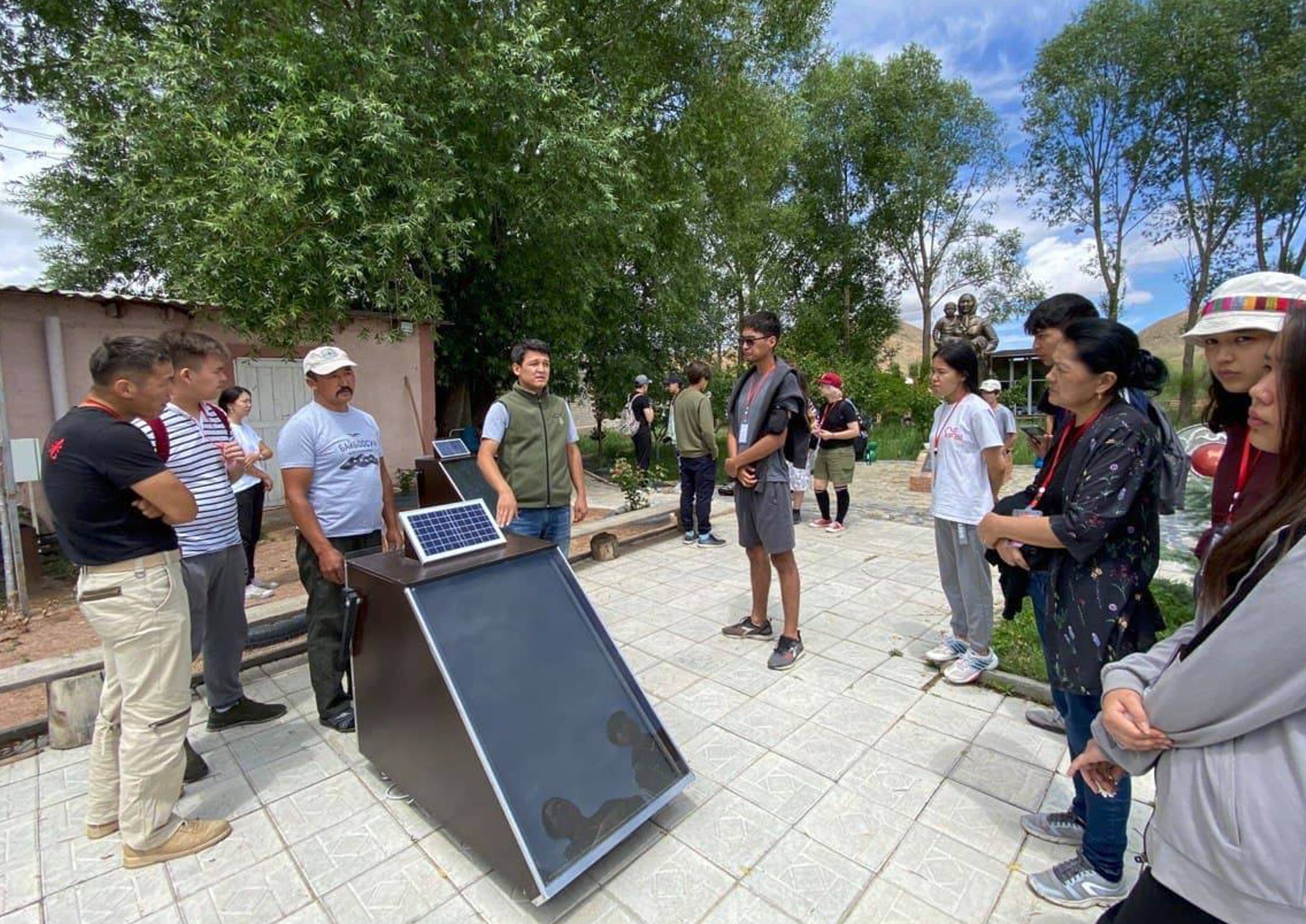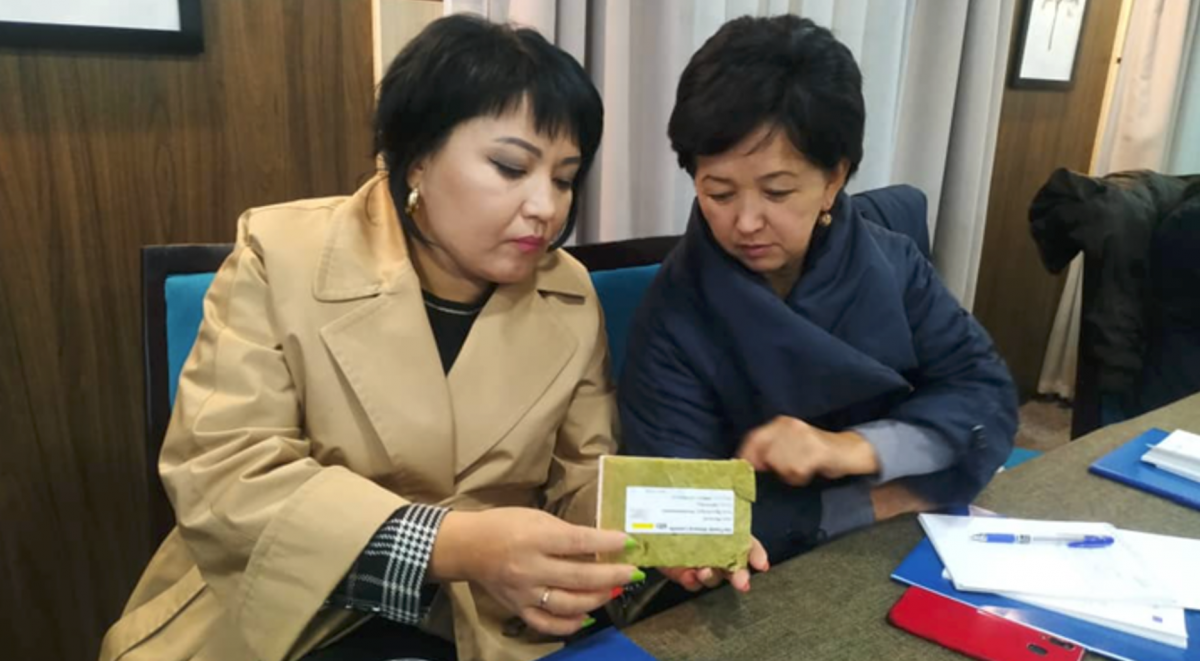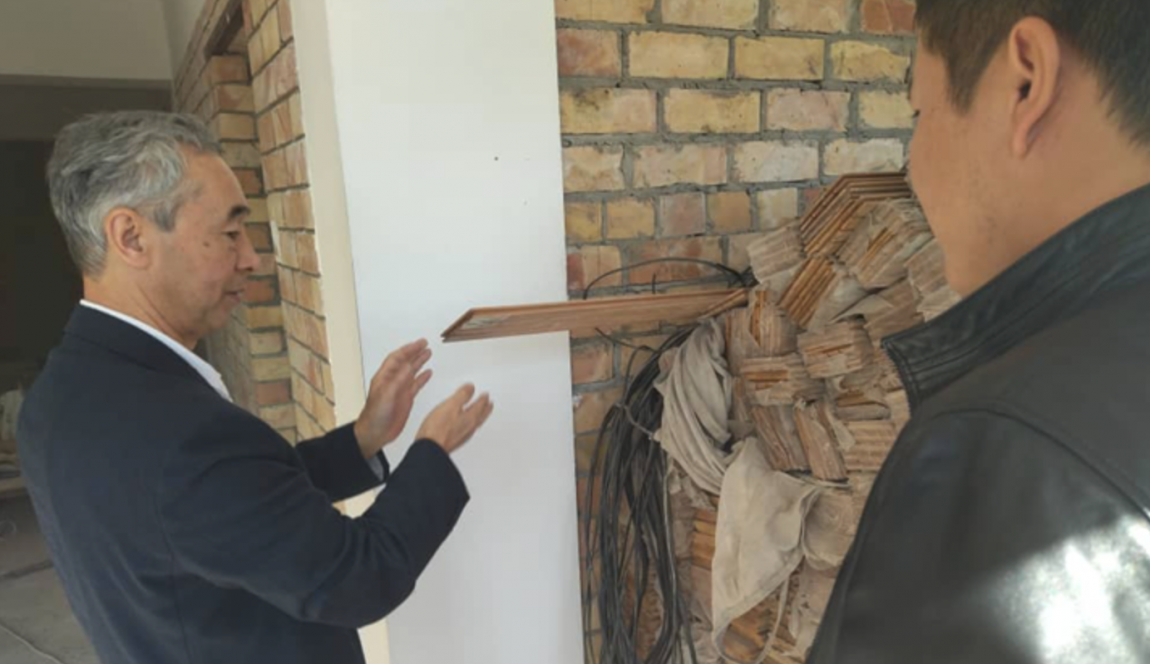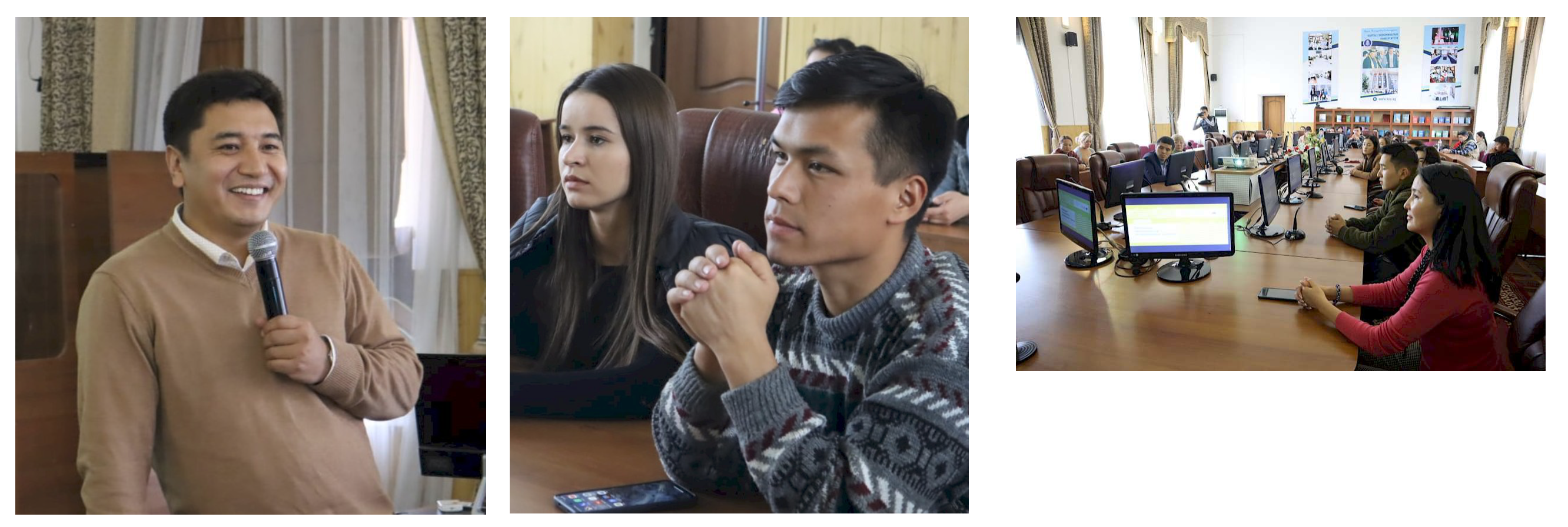
Climate change is not only an environmental challenge, but also an economic, social, and developmental one. Promoting low carbon and resilient development in Kyrgyzstan, including through the tourism sector, is essential not only for alleviating poverty and boosting the living standards of the country’s population (majority of which resides in rural areas), but also for advancing climate security in Central Asia.
This year, in view of the 26th United Nations Climate Change Conference (COP26) taking place in Glasgow, Kyrgyzstan has approved its Nationally Determined Contributions (NDCs) and submitted them to the United Nations Framework Convention on Climate Change (UNFCCC).
NDCs embody commitments of each country to reduce national emissions and adapt to the impacts of climate change with the ultimate goal to limit global warming to well below 2°C, preferably to 1.5 °C. Kyrgyzstan’s updated NDCs set out a climate change strategy for 2030 and recognise the importance of adopting a low carbon development strategy and a National Adaptation Policy.
Mr. Sadyr Zhaparov, President of the Kyrgyz Republic, stated during the 76th Session of the General Assembly of the UN (New York, 21-27 September 2021), the country will try to achieve carbon neutrality by 2050. Progress is already being made in this direction with the development of renewable energy sources. However, more is to be done, including, developing and promoting green energy technologies, water-saving smart technologies, strengthening climate-resilient practices in the agri-food sector, promoting better adaptation measures, greening the economy, among others. To protect economic growth, reduce national emissions and adapt to the impacts of climate change, climate risks need to be considered at all levels and in all sectors of society.
The importance of tourism as a key sector to boost economic growth in Kyrgyzstan is also highlighted in the National Development Strategy 2018-2040 and the Tourism Development Program of the Kyrgyz Republic for 2019-2023. In this landlocked mountainous country where tourist offerings are largely built around adventure and nature experiences, climate impacts risk to greatly affect the tourism industry. Future growth will highly depend on the sustainable development of the tourism sector and how well the country’s ecological integrity will be preserved. Hence, the decision of the Government of the Kyrgyz Republic to create the State Tourism Development Fund and allocate 1 billion soms (roughly 11,800,000 USD) for tourism development.
Since its launch in 2020, the EU SWITCH-Asia PERETO Project and its implementing partners have been promoting energy and resource efficient technologies for HoReCa small and medium sized enterprises (SMEs) in the tourism industry of Kyrgyzstan (hotels, restaurants, cafes), promoting green tourism and providing solutions to the sector’s current sustainability challenges.
Engaging Small and Medium-sized HoReCa Businesses
During a two-months period, a series of capacity building training programmes have been organised and delivered to 160 small and medium-sized HoReCa businesses in the provinces of Issyk-Kul, Naryn, Talas, Jalal-Abad, and Osh. These trainings focused on the benefits of adopting sustainable production and consumption (SCP) and energy and resource efficiency (ERE) practices in the HoReCa sector, including how to reduce and increase profits through proper insulation of buildings and premises, installation of energy efficient lighting, among others. On 20thSeptember, a new training programme has been launched and will continue until mid-November 2021, stretching out to Batken and Bishkek, ensuring all the country’s provinces are being covered by the project.


SCP and ERE consultations for small and medium-sized HoReCa businesses are conducted on an ongoing basis and are being promoted on PERETO website, Facebook, Instagram, and Telegram channels. In just four months, the PERETO Project team has advised 1,120 business owners in the tourism sector on the implementation of energy and resource efficiency measures. Consultations have been combined with on-site visits to business premises for free of charge energy audits.
Engaging Youths and Educational Institutions

In October 2021, to facilitate the development and introduction of SCP, ERE, green tourism, green technologies and green finance topics into the courses and/or curricula of educational institutions in Kyrgyzstan, PERETO held several meetings and lectures in local tourism colleges and universities.
As an outcome of these meetings, the Project agreed with the Tourism Academy of the Kyrgyz Republic to develop a SCP and ERE focused educational programme, which will be taught as an elective course at the Academy. The first draft of the programme will be presented this in November 2021, after which, a roundtable will be organised to pitch the proposal to other tourism colleges and universities in the country. The objective is to have at least five educational institutions to implement the SCP and ERE focused educational programme.
Students enrolled in Tourism Departments were also encouraged to take part in PERETO activities on the ground – bridging theory and practice and gaining first-hand experience on the operations of tourism businesses and the benefits for people and planet when switching to SCP and ERE practices.
The PERETO experience teaches us that we all have a part to play in advancing climate security in Kyrgyzstan, Central Asia and the rest of the world. Climate change is not only an environmental challenge; it is also an economic, social, and developmental one which requires imminent strong action by all stakeholders and sectors.
Ongoing work on sustainable ecotourism under the PERETO project provides a good opportunity to rethink how the tourism impacts natural resources and ecosystems and to advance the transition towards green and climate resilient economy. Digitalization, embracing local values, and creating decent jobs for all, especially for youth, women and the most vulnerable groups should be at the centre of such transition, said Mr Eduard Auer, Head of the European Union Delegation to the Kyrgyz Republic.


